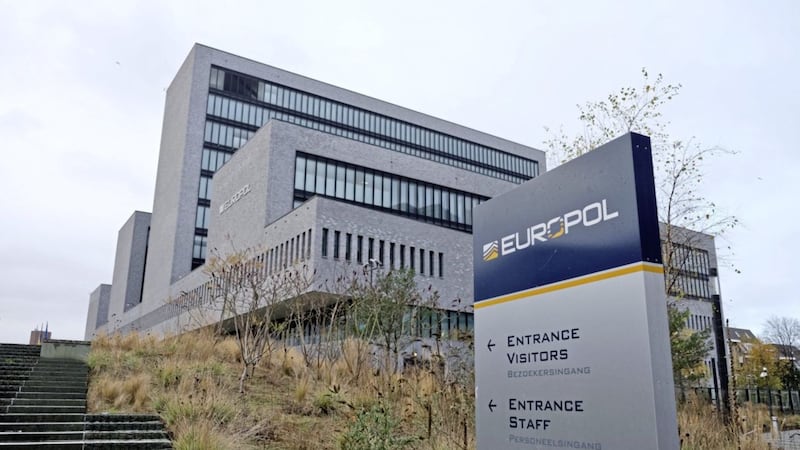MPs have launched an inquiry into the effects of Brexit on cross-border criminal activity and co-operation between Ireland and the UK on police, security and criminal justice.
The Northern Ireland Affairs Committee also aims to identify barriers to co-operation after January 2021 and examine potential replacements for the current EU agreements which allow cross-border assistance.
The inquiry, announced today as the latest round of EU-UK trade negotiations begins, will include analysis of the implications if no deal.
At the end of the transition period on December 31, Northern Ireland, along with the rest of the UK, will lose access to a number of agreements and processes including those allowing for use of the European Arrest Warrant and access to the European Criminal Records Information System, Passenger Name Records; the Prüm Convention framework for the exchange of DNA profiles, fingerprints and vehicle registration data.
Among the more than 40 EU measures aimed at supporting and increasing security and judicial co-operation the north has access to are agencies Europol and Eurojust.
Last month police on both sides of the border were involved in a major operation against the New IRA.
There were several arrests in Derry, Tyrone and Armagh in the north and searches in Dublin, Laois, Cork and Kerry as part of Operation Arbacia.
Without a deal on similar co-operation from the negotiations, the Republic is likely to need the agreement of the EU to enter into new bi-lateral agreements.
Committee chairman Simon Hoare said "no one wants to see an increase in cross-border criminal activity as a result of Brexit".
"Allowing this to happen would harm the people of Northern Ireland, of the Republic of Ireland and of the whole of the UK."
He said the outcome of negotiations on the issues "remains uncertain" and stressed there is "such little time left".
"Criminals must not be able to find refuge in intelligence and policing blackspots caused by jurisdictions no longer speaking to each other.
"Co-operation and communication are key to bringing such criminals to justice.”
The committee will look at cross-jurisdictional criminality between Northern Ireland and the Republic and the effects Brexit and new customs arrangements under the Northern Ireland Protocol could have on criminality.
It is accepting written evidence submissions until October 2.
Last year the committee looked at cross-border criminal activities as part of an evidence session into organised criminal gangs.








